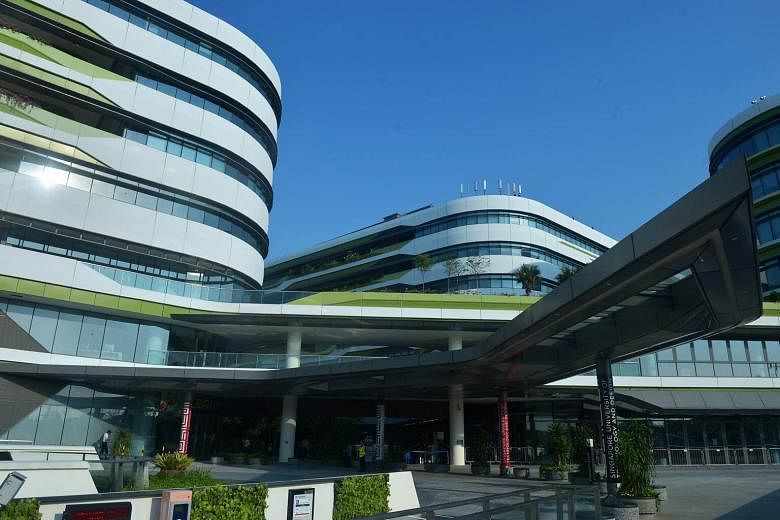SINGAPORE - Two Singapore universities and the Agency for Science, Technology and Research (A*Star) are among the top in the world for research in certain fields, according to an annual study, even as the growth rate of innovation globally has slowed down.
Clarivate Analytics on Wednesday (Sept 27) released the 2017 State of Innovation Report, which analysed year-on-year research and patent activity in 12 industries between 2006 and last year.
The industries were aerospace and defence; automotive; biotechnology; cosmetics; well-being; food, beverage and tobacco; home appliances; information technology; medical devices; oil and gas; pharmaceuticals; and semiconductors and telecommunications.
Clarivate is known for being the company that acquired the citation database Web of Science from Thomson Reuters in 2016.
Its study ranked the Singapore University of Technology and Design (SUTD) as the fifth-most influential scientific research institution in telecommunications, based on the citation impact of research papers.
It was the only non-US institution to make the top 10 list, ahead of Princeton University and Carnegie Mellon University in the United States.
This is also the first time SUTD has made it to a top 10 list in the State of Innovation report.
Professor Martin Dunn, SUTD's associate provost for research, said that "while rankings are not our primary concern, it is a very positive signal of success of the research efforts of our faculty, staff, and students...to impact Singapore's Smart Nation initiative in a strategic and focused way, consistent with our youth, small size, and emphasis on integrating innovative research and education in technology and design".
The Nanyang Technological University ( NTU) was ranked the fifth-most prolific scientific research institution in semiconductors - ahead of the University of Cambridge in Britain, which came in 10th. This was based on the volume of research papers indexed.
Professor Yoon Soon Fatt, the chair of NTU's School of Electrical and Electronic Engineering said that the university is honoured to be "once again" ranked among the top 10 most prolific scientific research institutions in semiconductors.
He said going up by three places to fifth position this year indicates that NTU is a global leader in semiconductor research. He noted that the school he leads has "worked hard" to recruit talented faculty and promising PhD students, among other things.
"NTU's collaborations with leading industry partners in semiconductor technology has also produced results," he added.
These include research partnerships with Intel, a semiconductor chip maker; NXP Semiconductors, an automotive semiconductor supplier; and Mediatek Singapore, a fabless semiconductor firm."
Meanwhile, A*Star came seventh in the list of top 10 biotech innovators in cancer research in Asia, based on the volume of inventions. The agency, which was ranked fifth last year, has consistently been among the top in Asia in this field.
The study also found that global growth in patent filings was 8 per cent - down from 14 per cent last year.
The analytics company said that the slowdown was driven largely by China, which now accounts for more than six of 10 patented inventions worldwide.
A 9 per cent year-on-year growth from 2015 to 2016, compared with a 25 per cent increase between 2014 and 2015, could be due to the stall in China's economic growth and corresponding slackening of investment in research and development, the study suggested.
The highest innovation growth - at 39 per cent - came from the food, beverage and tobacco industry.


